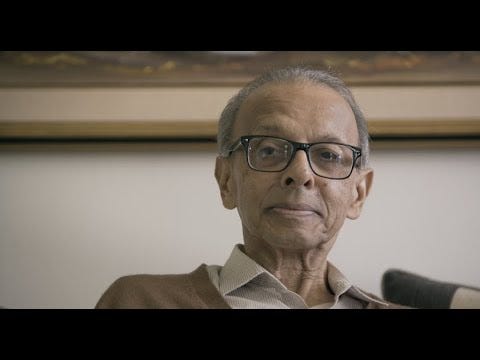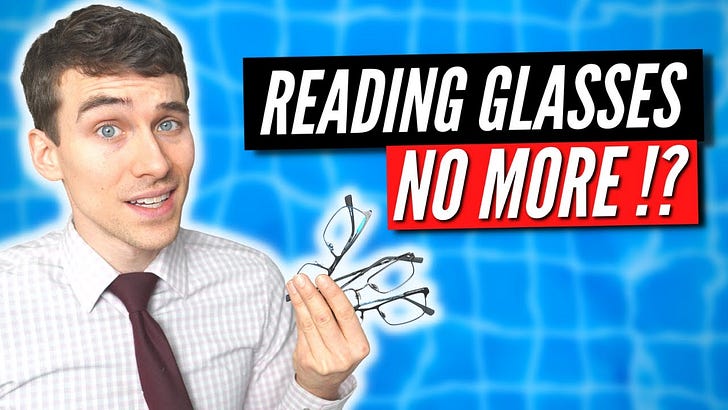Fuji film was a distant second to Kodak in the consumer market.
But then, the market flipped. Smartphones took over from cameras and removed the need for film altogether. And it went downhill for market leaders from there.
Kodak slipped away into bankruptcy and the theory was that the company lost market share when people stopped buying cameras and film which led to the decline.
However, the real story is far more nuanced.
Fuji has stayed out of trouble and done exceedingly well
How?
Here are the broad reasons. Kodak originally sold cameras on the Gillette razor model. They lost money on the cameras but made profits when people came back to develop films and photos.
They made an early entry into digital cameras but continued losing money on every sale. And for a while, it looked as if customers would shift to ordering albums and photos online.
The prediction was that people would still want to retain hard copies of their photos and remote ordering would become the norm.
Kodak made all the investments there after selling off their healthcare film division for $2. 3 billion. When the market lost steam with a fundamental change in customer behavior, that proved to be a costly mistake.
Fuji did exactly the opposite and scaled the healthcare film products. Along with cosmetics.
It's a fascinating story of two competitors in the same business making different business decisions.
Kodak sank. Fuji soared.
How well stocked is your Kindle library?
Even if it has more books than bookshelves at home (and not those Zoom backgrounds), there's no way for people to gauge your interests.
Since it was launched in 2007, ebooks have become part of the reading landscape.
However, it will be interesting to see how things play out over the next few decades.
As home libraries fade and most people are content to show off their multi-monitor displays, or the game and movie rooms
Sad that the Kindle library is out of bounds. Unless you set up a family link and loan out books to other members of your family, or friends circle.
When the book is lent out, it disappears from your library. And the person you've lent it to has 2 weeks to finish reading it.
It's a pale version of happenstance in real life.
In bookstores, finding a person who liked the same obscure author was a great opportunity to strike up a conversation. And things would flow from there.
If you were reading a book on a train, or a flight, the book was a conversation starter. But the Kindle holds its secrets close.
I'm not sure if reading habits have changed. Navigating the Kindle reader on a phone is a little easier for short dives into a book.
But the same problems with staying on track and piling up unread books on the shelf continue.
Somehow, you don't want to miss out.
It's like ordering more than necessary at restaurants.
However, when it comes to reading, nothing is wasted.
Even the trucks at Glenfiddich 'drink' the whiskey
Talk about factories that let nothing go waste.
The factory distilling Glenfiddich makes biogas from the alcohol waste. And that powers the trucks.
Sounds like a great idea.
For one thing, they cut down on the costs of fuel because they produce it from their own waste.
And any money saved goes to the bottom line.
Apparently, it's great for the environment as well, with a 95% cut in the CO2 generated.
What has started at Glenfiddich could easily be implemented at other factories producing alcohol - in India, the government plans to mix 20% ethanol with petrol to reduce emissions and costs by 2025.
The previous target was to make this happen by 2030, so they are stepping on the accelerator.
But the ripple effects will be felt in the sugar markets worldwide. India will cut down on the export of sugar to reach this goal and that is likely to increase the cost of sugar for many countries.
The diversion to making ethanol will take 6 million tons of sugar out of the market.
It demonstrates how closely the supply chains across countries are interlocked and any major changes have a completely unpredictable outcome.
All things considered, this is the time when the phrase 'One for the road' makes complete sense!
And in a good way.
Every week, I'll plant a few ideas in your mind on branding, behavior and markets. Triggers for your thoughts. Spread the word to your friends. All you have to do is click the link and enter an email address.












Share this post